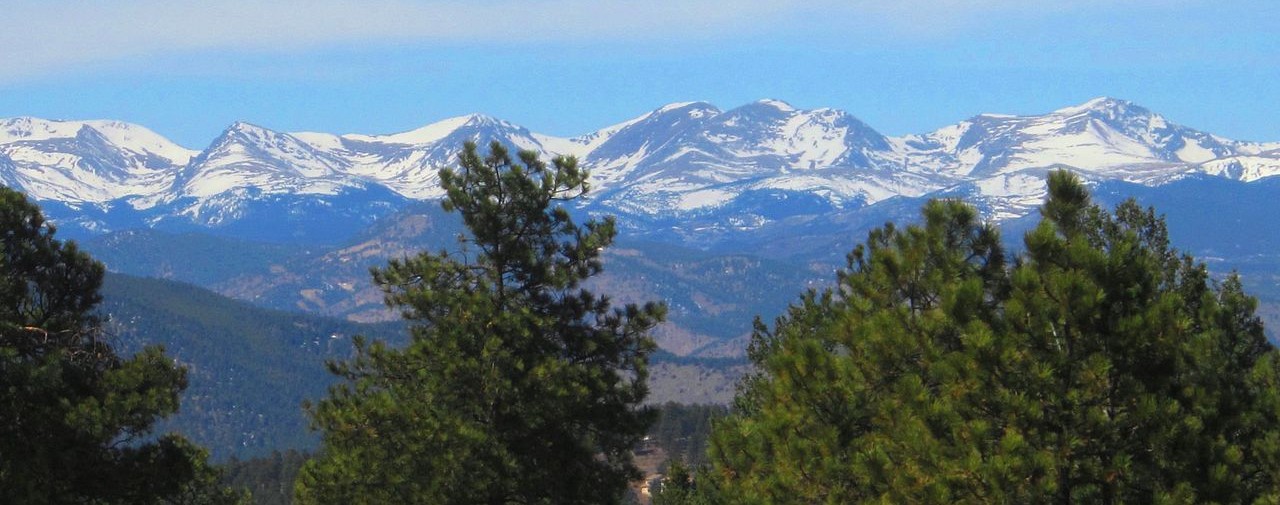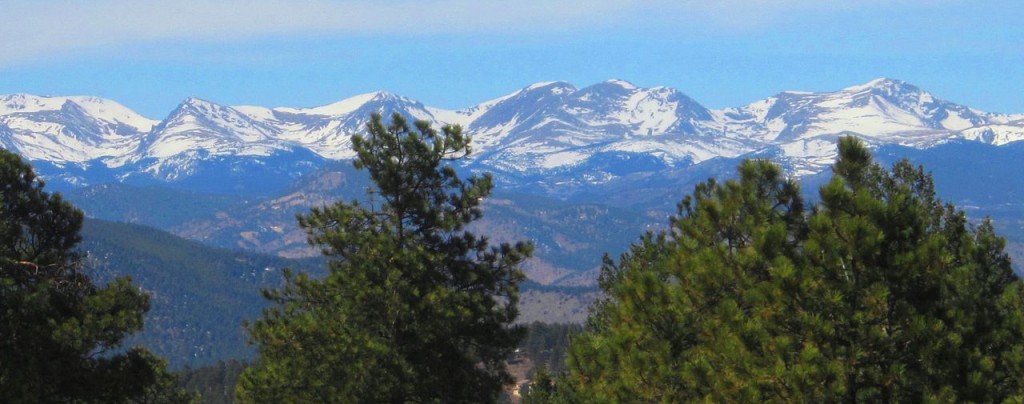That was a close one.
The fracking debate in Colorado nearly moved into dangerous territory this month in the form of two highly restrictive ballot initiatives. If they had moved forward and been approved, they would have resulted in damaging legislation not only at the state level, but ultimately on a national and global scale.
The anti-fracking movement already had gained significant ground in Colorado, where four small cities have declared moratoriums on fracking. Matters took a turn for the worse when Democrat Rep Jared Polis put his support behind two statewide ballot measures limiting fracking. They would have appeared before voters with two pro-fracking questions.


